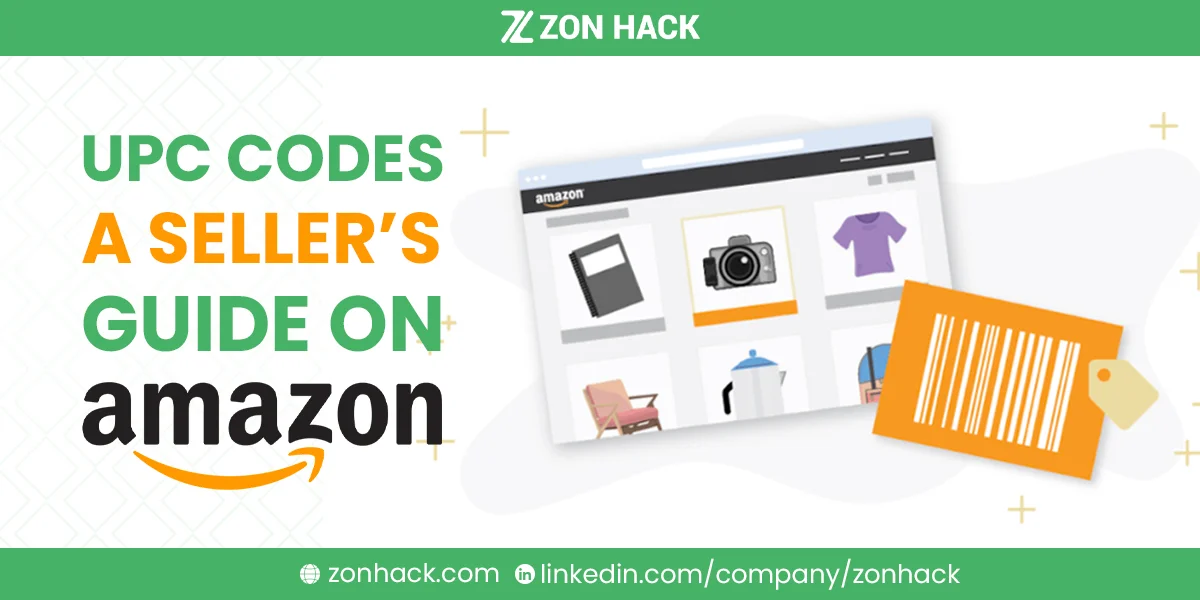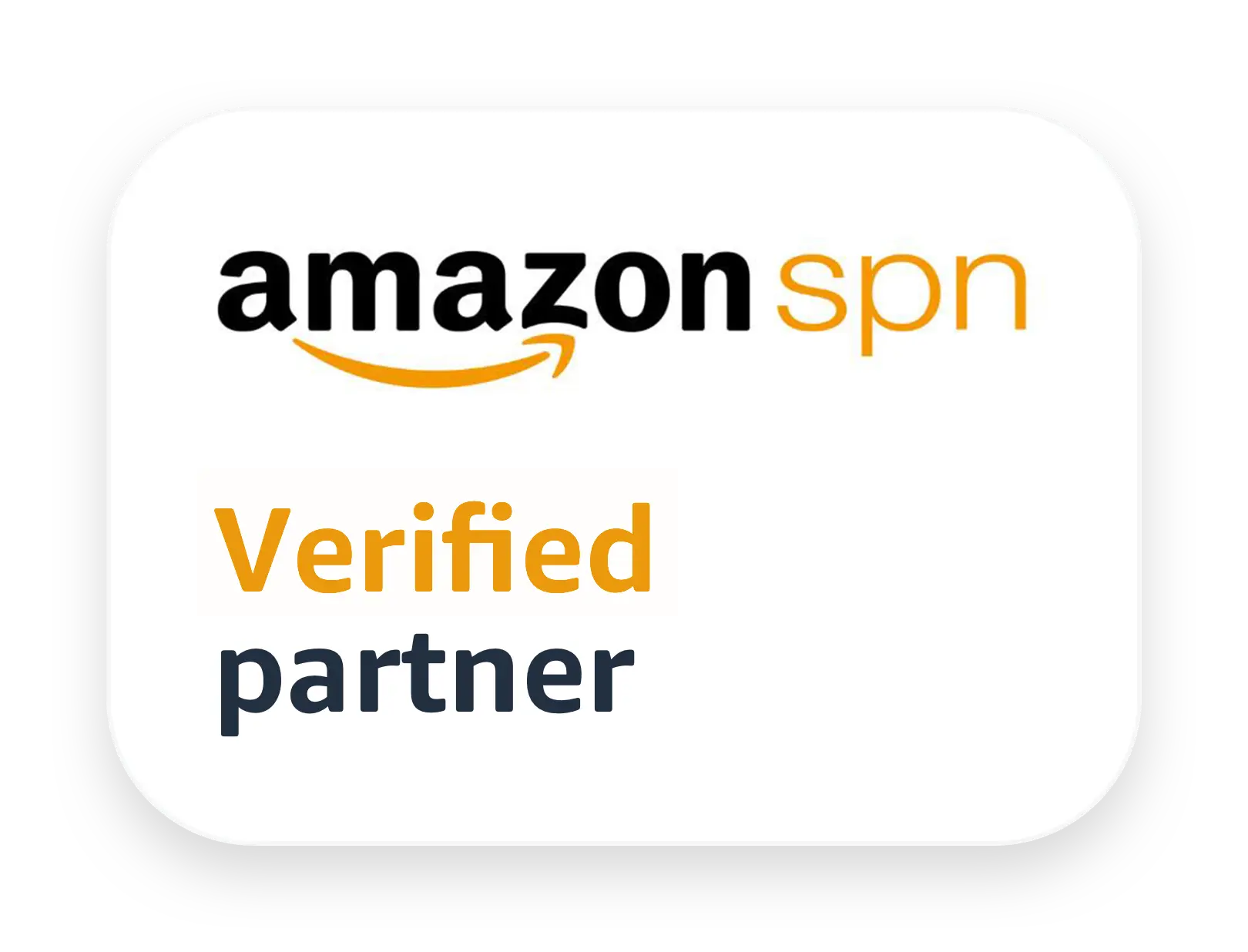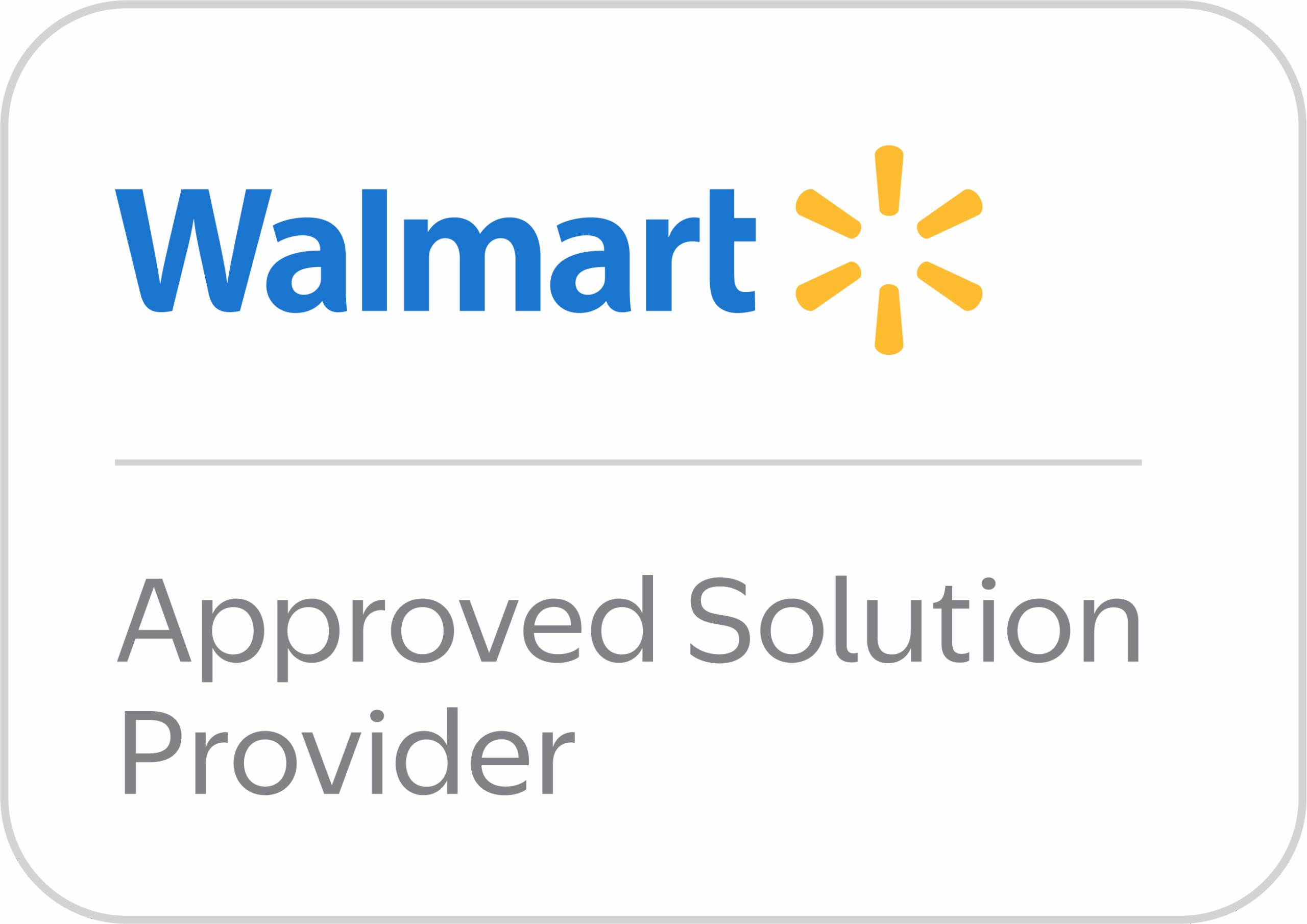You may have noticed when you go grocery shopping that every package has a code printed on it. This is known as the Universal Product Code (UPC), and you will need these codes for your products too if you are selling large numbers of products on Amazon. Unfortunately, Amazon does not share UPCs with sellers when they first start selling online, so they must do this on their own.
Make sure you read this article to have a better knowledge of UPC codes and how to get them.
Table Of Contents
- What are UPC Codes?
- Benefits of UPC Codes
- Do you always need a UPC Code?
- Other types of Amazon Codes
- How to buy UPC Codes?
- How much do UPC Codes cost?
- Conclusion
What Are UPC Codes?
Within the retail industry, UPC codes serve as product identifiers. These codes are made up of a unique set of numbers that are linked to individual items. They guarantee precise and seamless transactions by acting as a universal language between manufacturers, retailers, and consumers.
Each scannable UPC code provides specific information about a product, including the manufacturer and details. It is easier for businesses to manage inventory, track sales, and provide consumers with correct product information when you scan or enter a UPC code since it quickly delivers data about the product.
UPC codes can help you as an Amazon seller in product listing, setting them apart from competing items and making sure that buyers can locate and buy the right product. Any Amazon seller who wants to be successful has to know how UPC codes operate and how to get and use them, particularly if you have a registered brand on the platform that you expect to grow in physical stores in the future.
Benefits Of UPC Codes
Undoubtedly, UPCs offer a number of benefits, including:
- They make it easier for sellers and buyers to quickly identify each item and catalog it accordingly.
- UPC codes make inventory tracking and management easier.
- When products/consignments are in transit during shipment, tracking them becomes effortless.
- Finding products in warehouses and online searches is made convenient by the codes.
Do You Always Need A UPC Code?
While Amazon does provide a workaround known as Brand Registry, they generally demand UPCs for all products sold on their marketplace in order to track inventory. Sellers who get GTIN (Global Trade Item Number) exemption through this program may establish a new brand and offer their items under it without barcodes.
The hard work will probably already be done for you if you purchase your items from a wholesaler or through dropshipping since all of the UPCs will be printed on each item. You just need to add the products to an existing listing. This way, purchasing UPCs and labeling your items with them will not be necessary all the time. On the other hand, you only need one UPC for your listing if you want to fulfill the order yourself and do not intend to use the Fulfillment by Amazon (FBA) service. However, unless you want your items to be scanned at the point of sale in physical stores or elsewhere other than the e-commerce website, you do not need to attach barcodes to each one of the products.
Other Types Of Amazon Codes
There are additional codes used to identify items besides UPCs. Let us learn more about them:
- The EAN code, which is commonly used in the European Union and India, is the European equivalent of the UPC.
- The JAN code is the Japanese equivalent of the EAN. It is used only in Japan.
- GTIN codes work smoothly with EAN and UPC codes and are intended for global use.
- Every published book has a unique ISBN. Thus, you must be aware of this number if you sell books.
- ASINs owned by Amazon and serve as distinct identifiers for items that are listed on the platform. ASINs can be used as product identifiers by brand-registered sellers on Amazon.
How To Buy UPC Codes?
You can get a UPC code in a few ways and the first is GS1. The international organization GS1 is in charge of creating and upholding barcode standards. Businesses can generate UPCs and EANs for their items by using the distinct Company Prefixes that they provide. GS1 ensures that every product has a unique identifier. Sellers must get UPCs from GS1 in order to ensure accuracy and uniformity in product identification on marketplaces like Amazon. GS1 offers memberships, and depending on the number of UPCs you need, there can be initial fees, yearly renewal fees, and additional charges.
Remember that resellers and other third-party businesses provide cheaper options. Although these codes can initially be less expensive, they may not be unique, and using them could cause issues with marketplaces like Amazon, which have stringent requirements for UPCs. For this reason, it is important to conduct extensive research and choose a reliable third-party seller.
Given that Amazon has tightened its guidelines to guarantee the authenticity of product listings, we do advise against it. It is now mandatory for sellers to obtain their UPCs straight from GS1 in order to list products in certain categories on Amazon. Follow these steps to get UPC codes for your products:
- Choose the platform that you want to use to sell your items. There can be platform-specific criteria for UPCs.
- If you want to sell on Amazon, find out what their current UPC policies are and whether your product category is subject to specific requirements or exemptions.
- If you decide to get UPCs from GS1, visit their website and follow their guidelines for obtaining and assigning UPCs to your items.
How Much Do UPC Codes Cost?
The price of Amazon UPC codes varies based on your needs. For small business owners, GS1 US provides an affordable solution. A single GS1 US GTIN or UPC code is available for $30 and has no renewal charge. Conversely, if you want to sell a large number of different items, you will undoubtedly need additional codes, which will raise the price.
Keep in mind that these fees are only for the barcode generation. Ordering them or having them delivered to your products will cost you extra money. The solutions provider you choose will determine this cost.
Conclusion
Ultimately, UPC codes aid Amazon’s search algorithm to distinguish one product from another accurately. Products with precisely matched UPC codes are more likely to show up in search results when customers search for specific products on Amazon since the search algorithm utilizes the labels to determine the relevancy of product listings. UPC codes serve the linking of these variations within a product family. Increased opportunities for cross-selling occur when a shopper views one product variant, and the algorithm shows other versions with the same UPC code. As UPC codes are verified for authenticity and originality, you stand a better chance of winning the Buy Box and more.
Please leave a comment below regarding your experience using these codes. We appreciate hearing from you.




